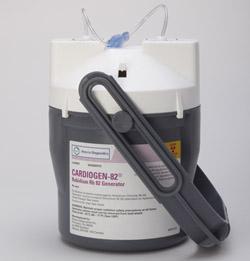
January 13, 2012 – The U.S. Food and Drug Administration (FDA) is updating healthcare professionals and the public about preliminary findings from ongoing investigations following the voluntary recall of CardioGen-82 last July by the manufacturer, Bracco Diagnostics. CardioGen-82 consists of a generator that is used at clinical sites to produce rubidium (Rb)-82 chloride injection. A CardioGen-82 positron emission tomography (PET) scan is one of a variety of nuclear medicine scans that use radioactive drugs to evaluate myocardial perfusion.
The preliminary information from the investigations suggests that improper usage of CardioGen-82 at certain clinical sites is responsible for the exposure of some patients to more radiation than is typically associated with a CardioGen-82 scan. This increased radiation exposure was due to the administration of CardioGen-82 generator eluates that contained excessive concentrations of strontium-82 (Sr-82) and strontium-85 (Sr-85). This excessive release of Sr-82 and Sr-85 in generator eluates is known as "strontium breakthrough." FDA believes it is unlikely that this excessive exposure posed significant risks to patients, though exposure to any excessive radiation is undesirable.
In its July 26, 2011 Drug Safety Communication, the FDA said it indentified deficiencies with the manufacturing procedures for CardioGen-82. To date, these deficiencies do not appear to have been related to the excessive radiation exposure detected in some patients. The recalled CardioGen-82 generators that were functional following shipping were tested by the manufacturer to identify potential structural or functional causes of strontium breakthrough. None of the tested generators showed signs of breakthrough. The FDA said it continues to work with the manufacturer to resolve their manufacturing deficiencies.
Bracco is currently conducting studies of clinical sites across the nation to help assess the extent to which patients may have been exposed to excessive radiation. Participation in this study is voluntary and the preliminary data show that, of 375 patients who were surveyed at 43 clinical sites, 54 patients were planned for further radiation testing because of abnormal screening test results. All 54 patients are from two clinical sites. Both sites appear to have insufficient documentation of compliance with the CardioGen-82 labeling recommendations for strontium breakthrough testing.
The FDA continues to work with the manufacturer and other federal agencies to better characterize the problems that led to excessive radiation exposure to patients at certain clinical sites. FDA is also working with the manufacturer to revise the CardioGen-82 labeling to better describe how to use the generator and to implement a plan for the return of CardioGen-82 to the market. FDA will update the public when additional information becomes available.
For more information: www.cardiogen.com, www.nrc.gov

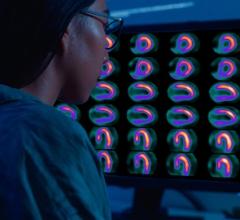
 November 17, 2025
November 17, 2025 

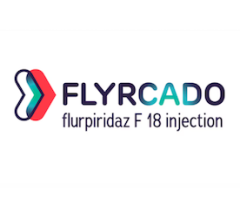

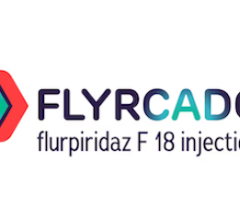
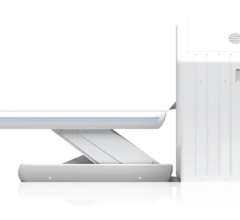
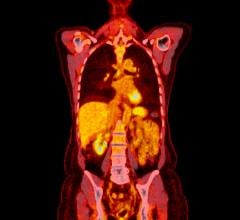
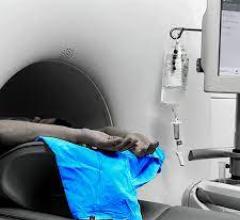
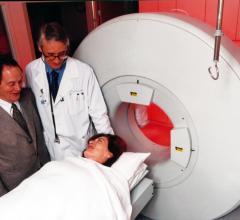
![Phase III clinical trial of [18F]flurpiridaz PET diagnostic radiopharmaceutical meets co-primary endpoints for detecting Coronary Artery Disease (CAD)](/sites/default/files/styles/content_feed_medium/public/Screen%20Shot%202022-09-13%20at%203.30.13%20PM.png?itok=2w6OoNd6)
